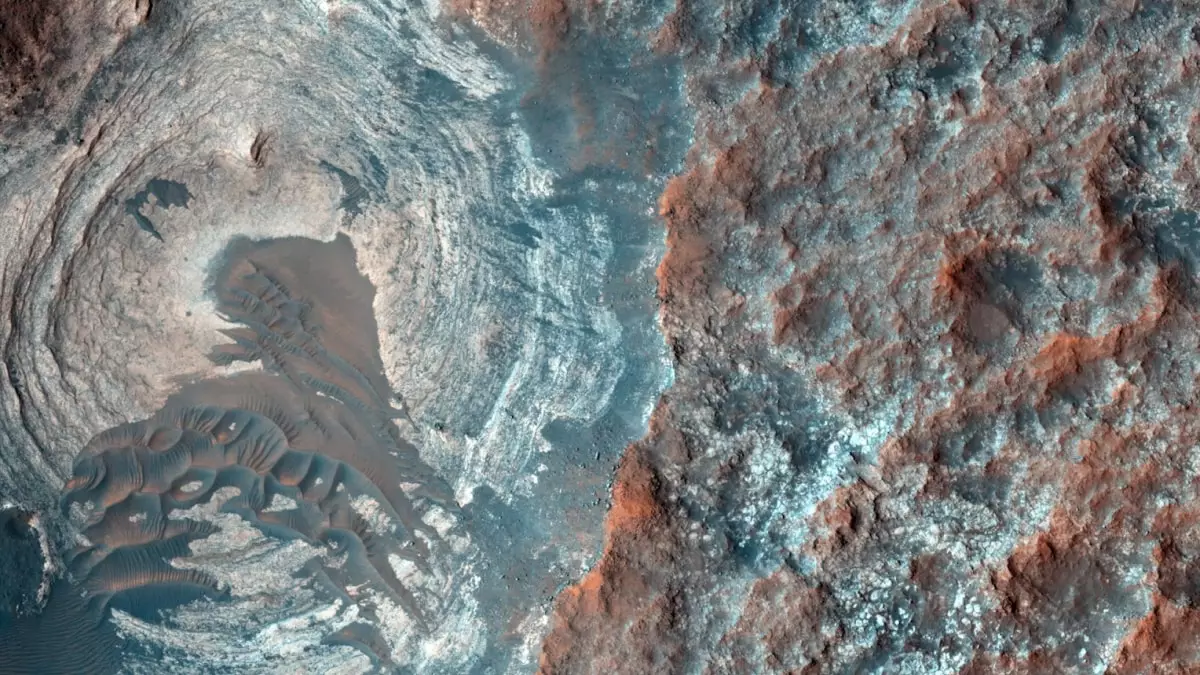Artificial intelligence (AI) is no longer confined to just digital assistants and deepfake technology. In a groundbreaking development, astronomers at the Flatiron Institute’s Center for Computational Astrophysics (CCA) in New York City have successfully utilized AI to calculate the five cosmological parameters that define the universe. These parameters play a crucial role in shaping the universe’s structure and evolution on a grand scale. Liam Parker, an astronomer at CCA, likened these parameters to the universe’s operating instructions, emphasizing their significance in understanding how the universe operates.
Traditionally, analyzing data from over 100,000 galaxies observed as part of the Sloan Digital Sky Survey (SDSS) posed significant challenges due to the sheer volume of information. However, by employing AI, the research team was able to extract intricate insights from the SDSS data, a feat previously hindered by the limitations of conventional analysis methods. Shirley Ho, another astronomer at CCA, highlighted the exorbitant costs associated with surveys like the SDSS, which can amount to billions of dollars. The integration of AI not only enhanced the efficiency of data analysis but also made it a more cost-effective process, unlocking valuable knowledge from complex datasets.
To ensure the accuracy of the AI model, the research team trained it on 2,000 simulated universes with varying cosmological settings. The training set included real-world challenges such as atmospheric distortion and imperfect telescope imaging, mirroring the conditions faced during actual observations. Once trained, the AI was applied to data from the SDSS Baryon Oscillation Spectroscopic Survey, resulting in a remarkable reduction in the uncertainty of measuring the universe’s ‘clumpiness.’ The AI outperformed traditional methods by more than half, equivalent to analyzing data with four times more efficiency.
The advancement of AI in cosmology extends beyond refining existing techniques to tackling major cosmic enigmas. One such mystery is the Hubble tension, which arises from discrepancies in different estimates of the Hubble constant, a critical measure of the universe’s expansion rate. The enhanced precision offered by AI has the potential to resolve this tension, leading to significant advancements in our comprehension of the universe. As new surveys like the European Euclid survey come into play, the AI-powered methodologies developed by the CCA team will play a pivotal role in extracting maximum value from these expansive datasets. The ability to analyze and interpret vast amounts of cosmic data efficiently marks a significant step forward in unraveling the universe’s fundamental parameters.
The integration of AI in cosmological research has opened up new avenues for precision and efficiency in understanding the universe. By harnessing the power of AI, astronomers can delve deeper into cosmic mysteries, refine existing knowledge, and pave the way for groundbreaking discoveries in the field of astrophysics. The collaboration between AI and cosmology is not just a technological feat but a testament to human ingenuity in unlocking the secrets of the cosmos.



Leave a Reply